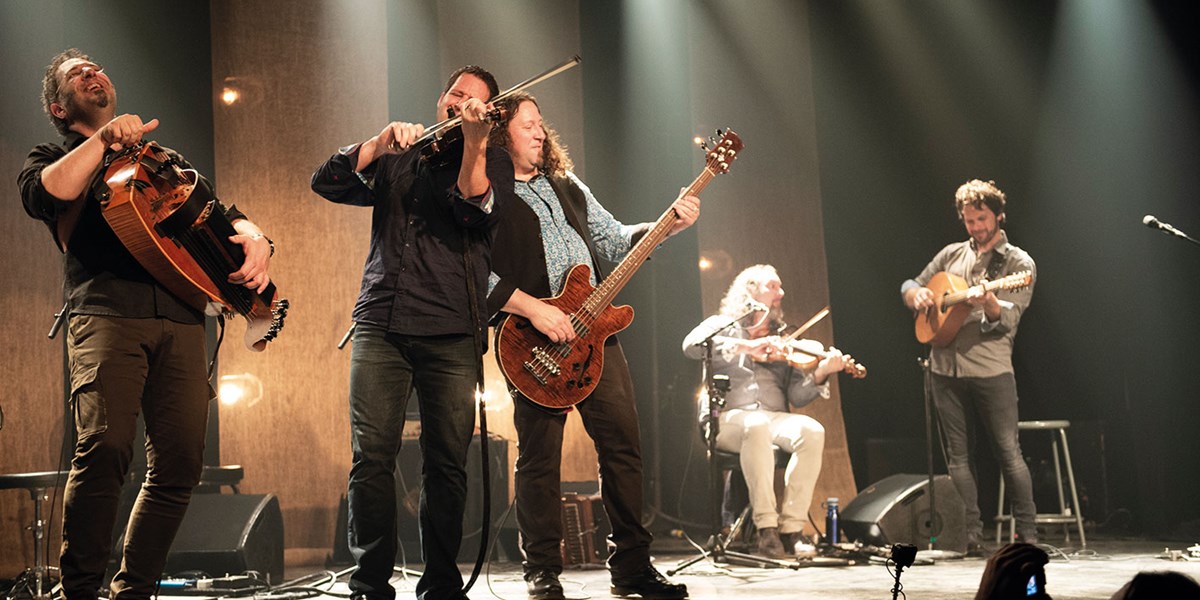Thursday, July 7, 2022
Le Vent du Nord: Beginner's Guide
By Jo Frost
Jo Frost takes a look at the impressive career of Le Vent du Nord, Québec’s finest musical ambassadors

Le Vent du Nord (photo by Tzara Maud)

Register now to continue reading

Thanks for visiting the Songlines website, your guide to an extraordinary world of music and culture. Sign up for a free account now to enjoy:
- Free access to 2 subscriber-only articles and album reviews every month
- Unlimited access to our news and awards pages
- Our regular email newsletters

